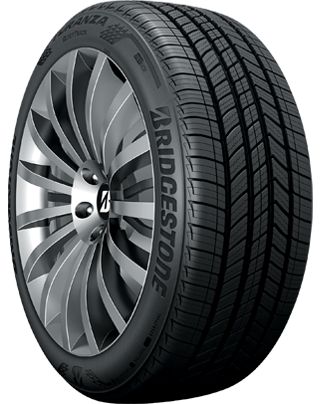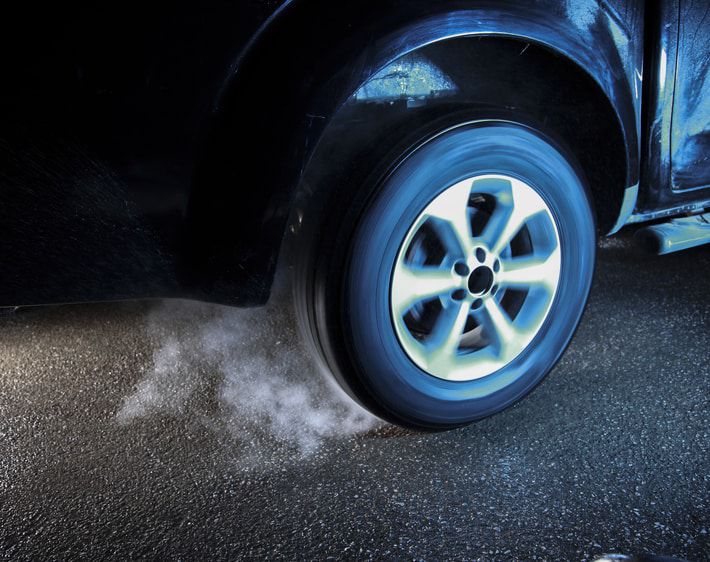"Can I use winter tires in summer?" you wonder as you watch the temperature reading on your dashboard climb with each day that passes. Although the inconvenience of switching tires with the seasons seems painful, the consequences of keeping your winter tires on all year are not worth it. Learn more about the effects of using your winter tires all year long and why it's a good idea to switch them out.
Should I use winter tires in the summer?
If you live in an area with particularly cold winters, you’re probably all too familiar with the necessity (and inconvenience) of switching your tires to winter tires when the temperature drops.
In states like Colorado, motorists can benefit from the use of winter tires for navigating snow or ice-covered highways. In fact, in certain areas and road conditions, the Colorado Department of Transportation requires drivers to ensure their car has winter-proof features, with winter tires being one of the multiple ways drivers can meet the state’s requirements.
You may be tempted to keep your winter tires on all year as a way to save yourself the time and hassle of switching them with all-season or summer tires. However, winter tires have unique features and technology that are not recommended for year-round use.
Why can’t I leave my winter tires on year-round?
Winter tires are designed to maintain traction and grip in snowy, icy, and wet conditions. They use unique features to help them perform as intended.
For example, Bridgestone Blizzak WS90 tires are made of specialized rubber that’s engineered to retain its flexibility in freezing temperatures. Some winter tire models also have metal studs embedded in the treads to help bite into and grip icy roads or deeper treads that help them manage snowed-in or slushy conditions.
All these extra features and technologies are great when you’re dashing through the snow, but they are not needed and could even be detrimental when you’re cruising in the summer. In fact, there are several things that can happen when you leave your winter tires on all year:
- They’ll wear more quickly. The same deep treads, flexible rubber, and studs that give winter tires traction in the colder months can cause them to wear quicker when the temperature warms up.
- They won’t perform the way you want them to. Using winter tires in summer conditions is like wearing ski boots to play soccer — it just doesn’t work! In warm weather, winter tires’ unique features may compromise your vehicle's handling, maneuverability, and, ultimately, your safety on the road!
When should I change my winter tires?
If you’re not sure when to switch from winter tires to all-season or summer tires, consult your owner’s manual or your tire manufacturer for guidance! Generally, conventional wisdom says that you can put your winter tires in storage once the weather consistently reaches temperatures above 45º F.
If temperatures in your area tend to change dramatically or you do most of your driving at the time of day when it’s coldest outside, you may consider holding off a few more weeks. Conversely, drivers may be advised to switch to winter tires when temperatures start dipping below 45º F.
Additionally, if you don’t like changing your tires twice a year, consider all-season tires with WeatherGrip technology, which are built to help keep you in control no matter the weather.
Regardless of when you decide to switch from winter tires to summer or all-season tires, it’s crucial that you do. Waiting until the first heatwave to put your winter tires in hibernation can result in premature tire wear and lackluster vehicle performance. Get your car or truck ready for the road (and season) ahead with tire dismount and installation services from your local Firestone Complete Auto Care. Take care of your car and it’ll take care of you!



